Description
La Rétameuse by James Abbott McNeill Whistler printed on a Sweatshirt
Whistler portrays a poor elderly woman in old-fashioned garb wearing a distinctive bonnet. “La Rétameuse” translates as tinker, a travelling repairer of tinlware and the subject has thrust what may be a shuttle, or large spoon, into the waist of her apron. Several of the etchings that the artist published in “Douze eau-fortes d’apres Nature” (Twelve Etchings from Nature) in 1858 center on French women who worked into old age. He presented them without sentiment or idealization but with an awareness that society’s need for their skills was being swept away by industrialization. The sensitive detailed etching of this subject’s irregular facial features contrasts with looser open lines elsewhere in the image, a handling that echoes Rembrandt whose prints Whistler knew from the collection of his brother-in-law Seymour Haden.
About the Sweatshirt
Regular fit
Standard length, the fabric easily gives into movement
Comfortable
The fabric and fit of this item are extra comfy
Tear-away tag
Easily removable tear-away tag that allows you to add a custom inside label
This Unisex Premium Sweatshirt has a classic crew neck, flattering unisex fit, and soft 100% cotton exterior.
- 100% cotton face
- 65% cotton, 35% polyester
- Charcoal Heather is 55% cotton, 45% polyester
- Fabric weight: 8.5 oz./yd.² (288.2 g/m²)
- Tightly knit 3-end fleece
- Side-seamed construction
- Self-fabric patch on the back
- Double-needle stitched rib collar, cuffs, and hem
- Tear-away label
James Abbott McNeill Whistler (1834-1903)
James Abbott McNeill Whistler was an American artist active during the American Gilded Age and based primarily in the United Kingdom. He was averse to sentimentality and moral allusion in painting, and a leading proponent of the credo “art for art’s sake”. His signature for his paintings took the shape of a stylized butterfly possessing a long stinger for a tail. The symbol combined both aspects of his personality: his art is marked by a subtle delicacy, while his public persona was combative.
He found a parallel between painting and music and entitled many of his paintings “arrangements”, “harmonies”, and “nocturnes”, emphasizing the primacy of tonal harmony. His most famous painting Arrangement in Grey and Black No. 1 (1871), commonly known as Whistler’s Mother, is a revered and often parodied portrait of motherhood. Whistler influenced the art world and the broader culture of his time with his theories and his friendships with leading artists and writers.

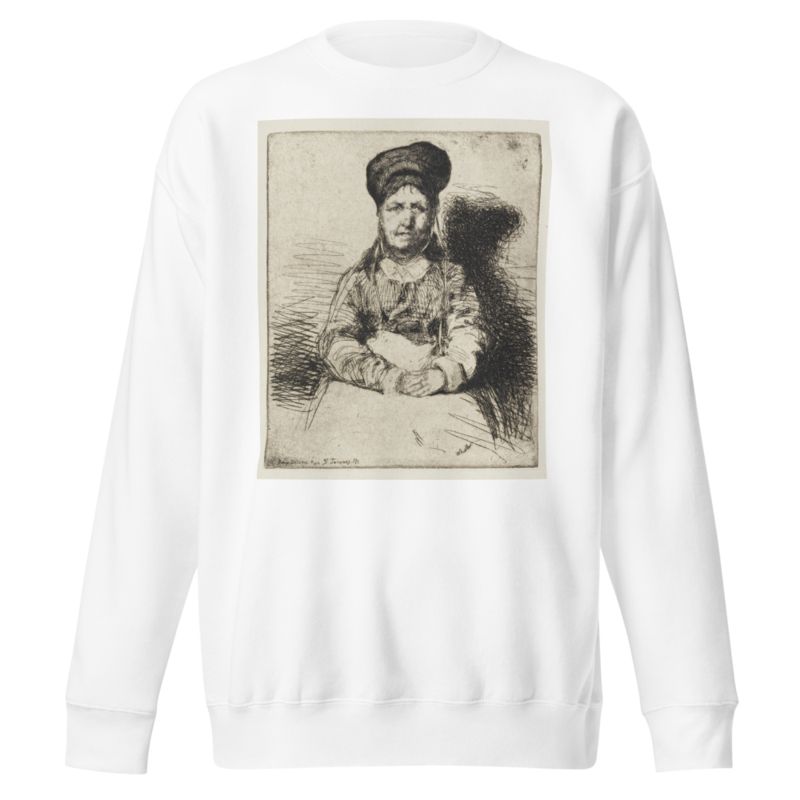
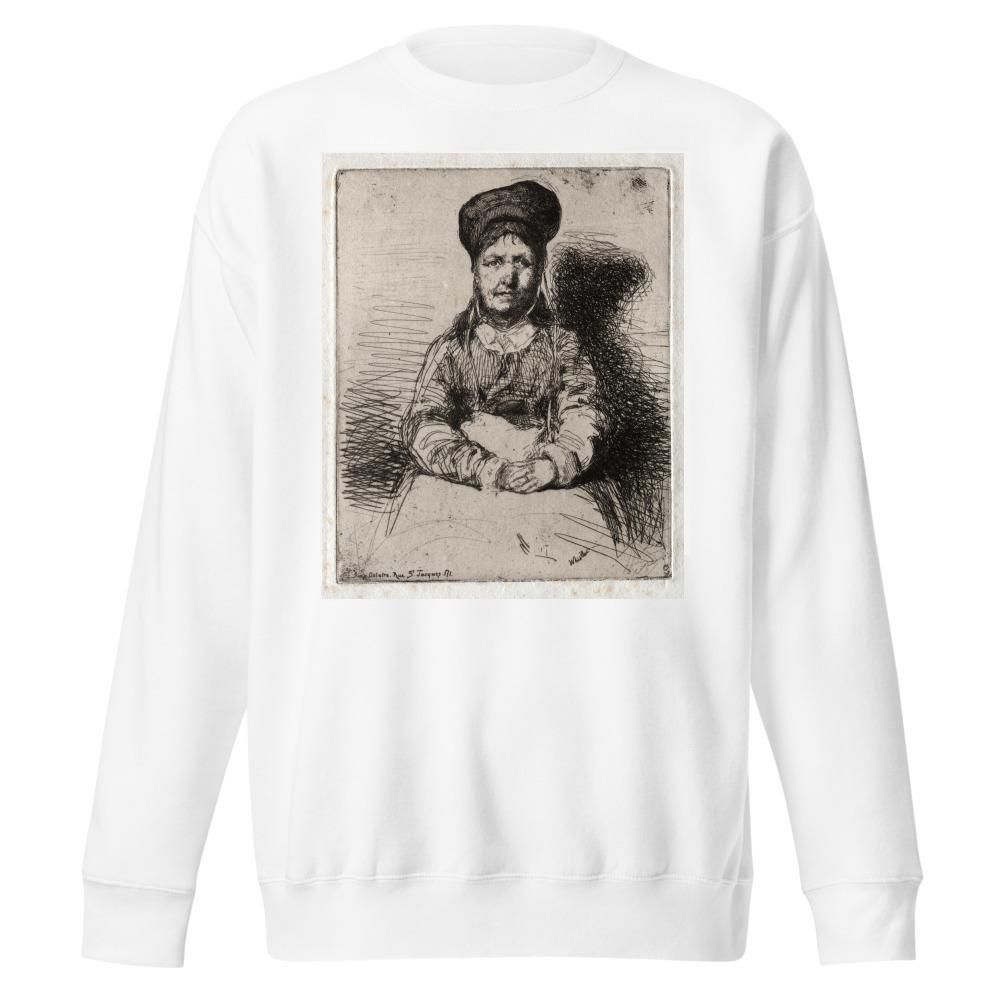
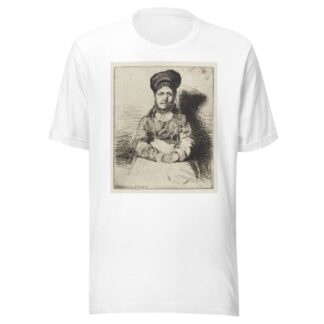
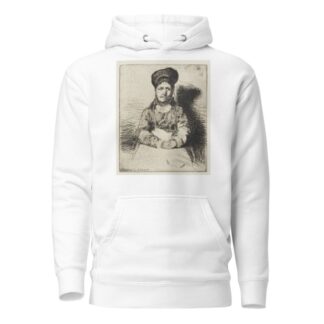
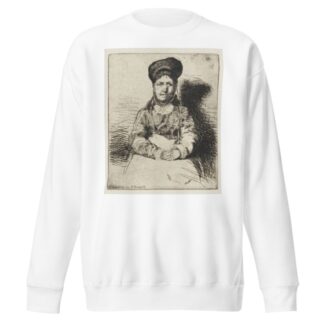
Reviews
There are no reviews yet.